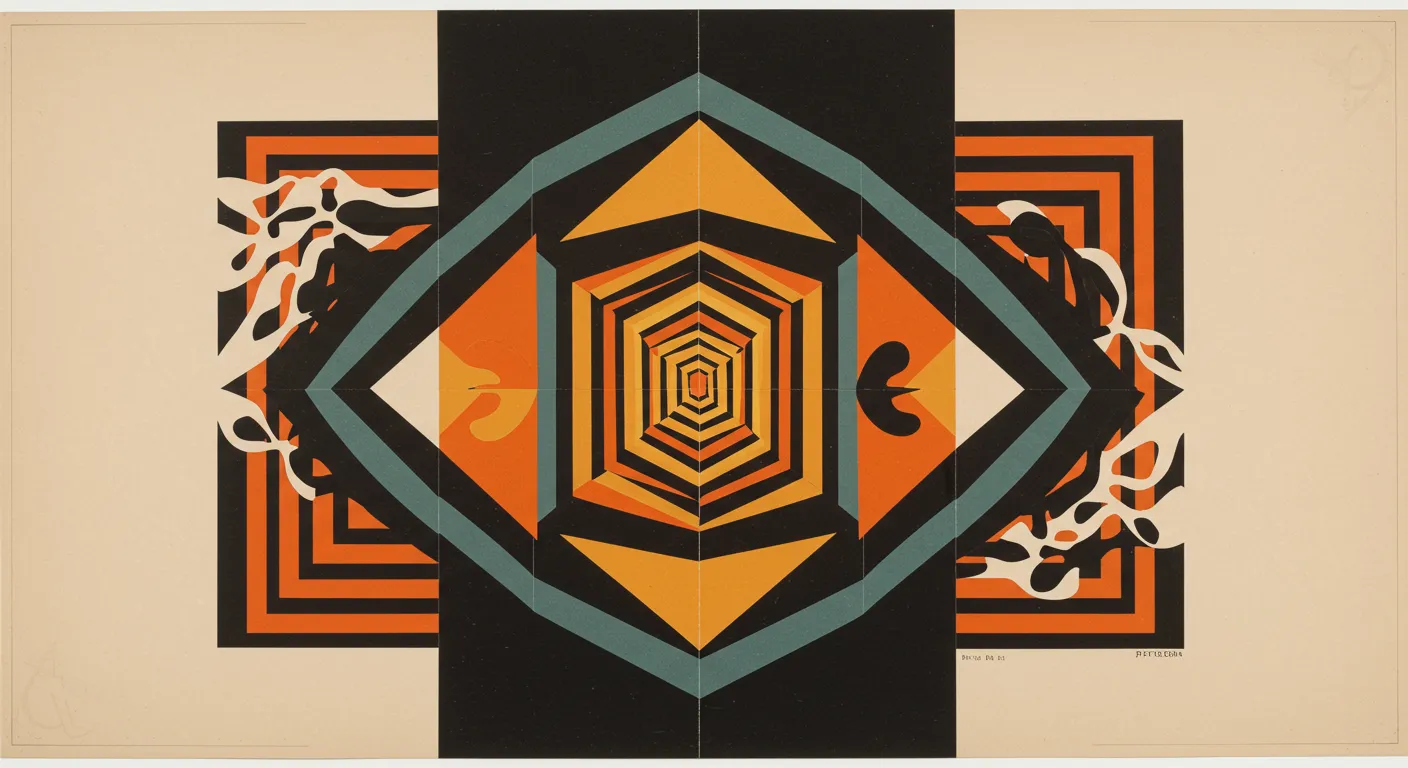Embracer Group's latest initiative, the Embracer Games Archive, has sparked intense debate among online commentators about the true nature of video game preservation. The archive claims to be collecting 75,000 video games, but its opaque mission and limited accessibility have tech-savvy observers questioning the project's motives.
The core criticism centers on Embracer's corporate track record. Online commentators point to the company's history of aggressive acquisitions and subsequent studio closures, painting a picture of a corporate entity more interested in intellectual property consolidation than genuine cultural preservation. The archive's admission that it's not open to the public, despite soliciting game donations, has particularly rankled potential contributors.
Financial context adds another layer of skepticism. Embracer is currently navigating significant financial challenges, including $2 billion in debt and plans to split into three separate companies. This economic backdrop raises suspicions that the archive might be less about preservation and more about asset collection or potential future monetization.
Some online voices have drawn pointed comparisons to other game preservation efforts, highlighting organizations like the Video Game History Foundation as more transparent and mission-driven alternatives. The critique suggests that true game preservation requires active digitization, public accessibility, and a genuine commitment to historical documentation.
The archive's complicated positioning—claiming to be "for everyone" while simultaneously being closed to the public—epitomizes the tech community's growing frustration with corporate initiatives that talk about preservation but seem more focused on control than accessibility.


